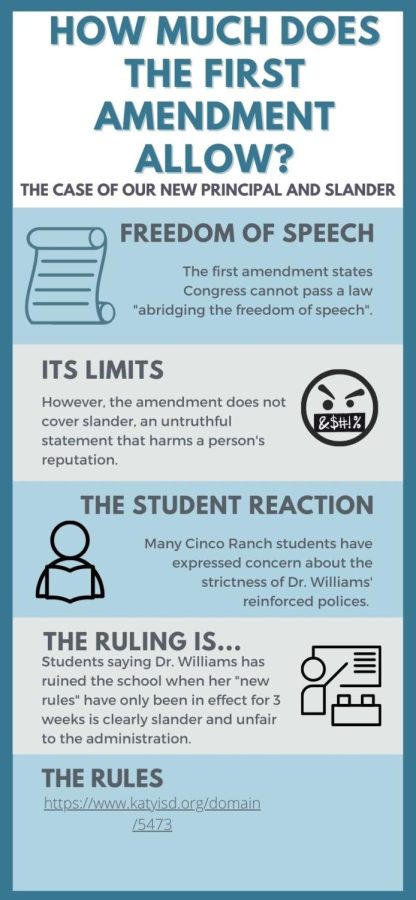With Texas schools putting forth strong efforts in order to educate students about math, language, English and other subjects, little emphasis is placed on sex education. Curriculum is taken a step down, as the topic of sex is rarely mentioned in health classes.
Matters such as pregnancy prevention are nowhere to be found in textbooks and other teaching materials. Health classes are leaving students in the dark, leading them to make uneducated choices that may be life altering.
Abstinence only education is teaching students to restrain from indulging in sexual acts. According to the Texas Freedom Network, more than 96% of Texas school districts teach this, however, abstinence only states have the highest rates of teen pregnancy in the nation.
Comprehensive sex ed states have the lowest rates. Texas seems to be lagging behind the trend of sex ed being weaved into health curriculum, as the mention of sex at school continues to be taboo, despite it being a common theme presented in the media exposed to students.
Although abstinence is the safest of all safe sex measures that appeals to multiple cultural and religious backgrounds, we live in a day and age where students as young as middle school are engaging in sexual acts and these kids are exposed to sexual imagery in the media on a daily basis. If people are doing these things, they need to know that doing so without protection can be life-altering.
A study conducted in April 2007 by the U.S. Department of Health and Human Services shows that there is no evidence that abstinence-only-until-marriage programs have reached their goal. The study also concluded that abstinence-only programs are less effective than comprehensive classes that include abstinence and safe-sex practices such as contraception and condom use.
Whether parents approve or not, according to msnbc, 66% of high school students have had sex by the time they reach their senior year. Incorporating comprehensive sex ed into health classes will not influence students to have sex, but rather make them feel more comfortable to learn more about the issue and make well thought out decisions.
In a society where sex is exaggerated in the media and information is constantly sent out to adolescents, incorrect facts and figures can influence their decision making when it comes to sex and prevention measures. Proper material should come from a reliable source, such as a health course taught by a professional.
By leaving kids in the dark about the topic of sex, including sexually transmitted diseases, teen pregnancy and even the emotion and psychological results of sex, dangerous mistakes can be made. Some parents may not feel comfortable discussing sex with their children. They may rely on schools to teach their kids about sex, pregnancy and STD prevention.
With Texas health classes not providing information, students are uninformed about sex. If comprehensive sex ed would be taught at schools, children will learn more and perhaps feel open to asking questions.
Other than ignoring the topic, it is far more effective to give students more information about sex and prevention measures from well educated professionals so they can make judicious, intelligent choices.
According to the Texas Tribune, in 2010 Texas rejected $4.4 million of federal funding for comprehensive sex ed programs. Leaving curriculum about pregnancy prevention, safe sex and other effects of sex out of textbooks only leads to staggering statistics and negative results.
State legislature needs to understand the risk they are putting Texas students at by withholding important information about sex.

![Tips for Studying Finals [INFOGRAPHIC]](https://crhscountyline.com/wp-content/uploads/2022/12/Studying-for-Finals-900x506.jpg)



